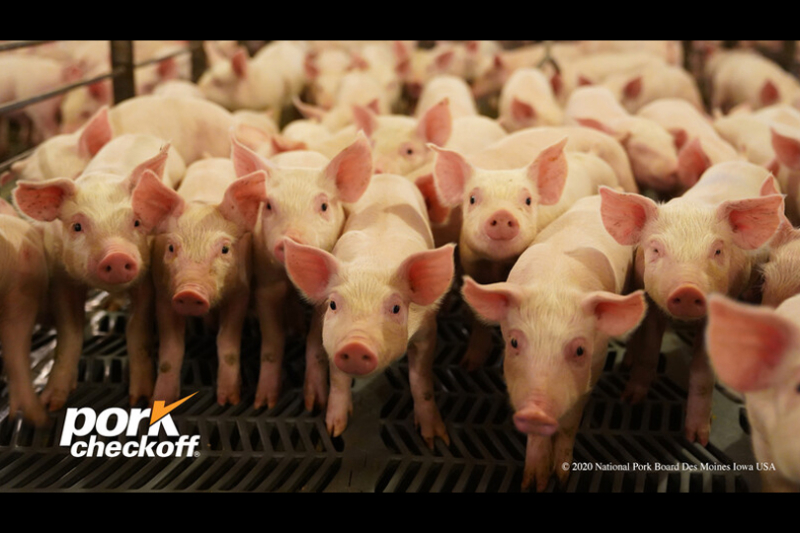The United States Department of Agriculture’s (USDA) Animal and Plant Health Inspection Service (APHIS) is hosting African Swine Fever (ASF) Action Week from Sept. 13-17.
The agency encourages U.S. swine producers to join multiple webinars to learn about ASF and what they can do to help protect the U.S. swine herd.
U.S. Secretary of Agriculture Tom Vilsack also recorded a video echoing the importance of keeping this devastating disease out of the United States.
“This disease does not affect people, and it cannot be transmitted from pigs to humans, and it’s not a food safety issue,” Vilsack said. “However, ASF is incredibly destructive, and we need you to be informed.”
ASF is a highly contagious and fatal viral disease that affects both domestic and feral hogs. ASF was first identified in Africa in the early 1900s. Since then, the disease has been found in Europe, Asia and some Caribbean islands. To date, it has never been detected in the U.S.
“ASF outbreaks have ravaged hog populations in parts of Europe and Asia, especially China, over the last three years, and the disease was recently detected in captive hogs in Germany and confirmed less than a thousand miles away from our shores in the Dominican Republic in July,” Vilsack said. “African swine fever has never been detected in the United States, and we are committed to keeping it out and protecting our vital swine industry.”
Every day the week of Sept. 13-17, from 2–3 p.m. EDT, APHIS will host a webinar on a different ASF topic. These webinars will also be recorded. The webinar schedule will include:
- Monday, Sept. 13: African Swine Fever: Where it Exists and What’s at Stake
- Tuesday, Sept. 14: Steps APHIS is Taking to Prevent and Prepare for ASF
- Wednesday, Sept. 15: ASF and the Benefits of Biosecurity
- Thursday, Sept. 16: What to Expect in an ASF Outbreak
- Friday, Sept. 17: ASF and the Feral Swine Factor
Interested producers can register here.
In Texas, which ranks 13th in the nation for pork production, protecting the domestic herd is vitally important.
“We have a domestic herd of over 1 million swine here in Texas. Although pork production isn’t in the state’s top 10 agricultural commodities, the industry is important and significant. Our commercial industry is primarily concentrated in the Panhandle and is an important part of the High Plains regional swine industry, which includes Colorado, Kansas and Oklahoma,” Dr. Angela Lackie, TAHC assistant executive director, said. “They’re all linked together, and they’re also linked with other concentrated pork production areas in the Midwest and the Southeast. Another important segment of the swine industry of Texas is the transitional swine industry that makes up show pigs, niche markets and supplemental income for families.”

